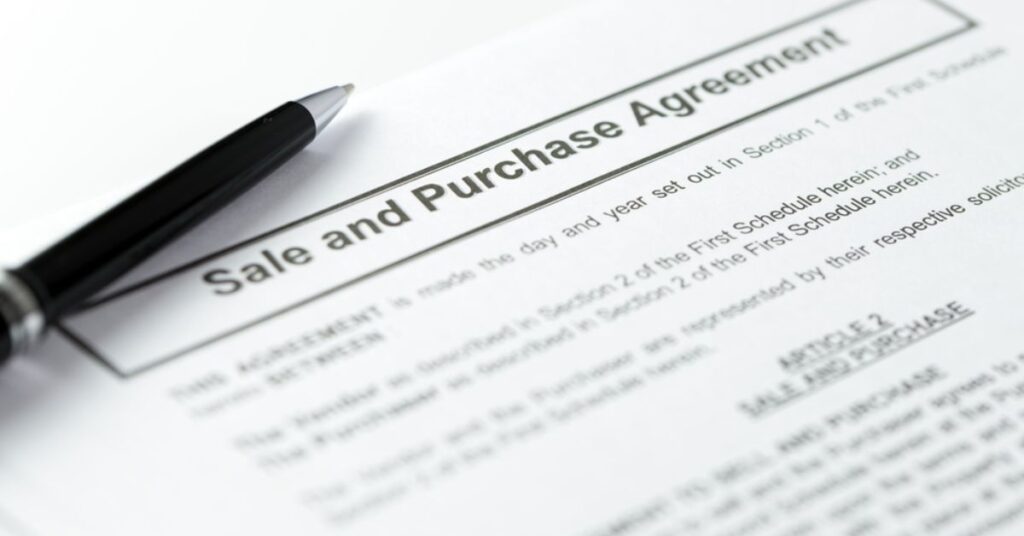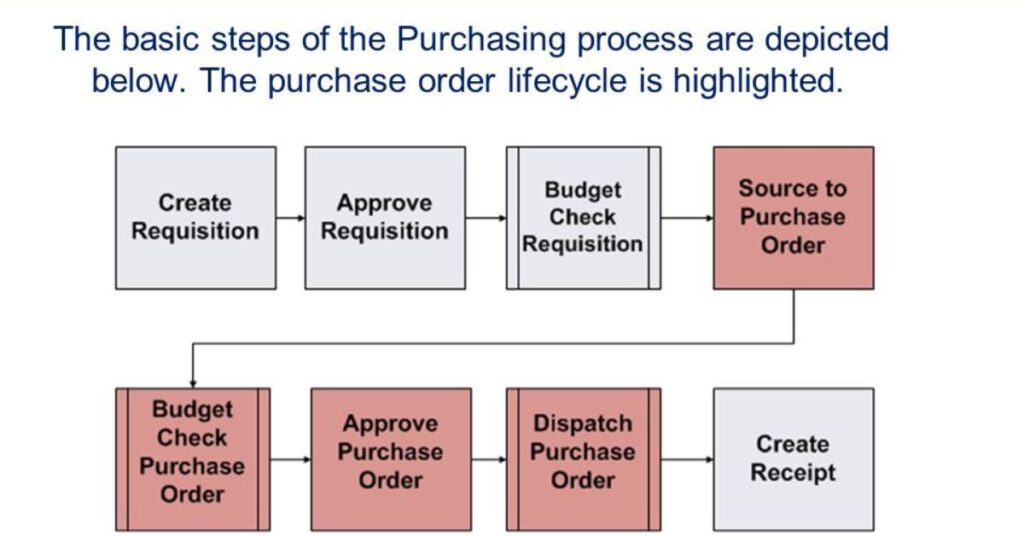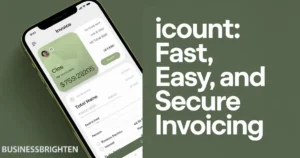Buying property in Argentina as a foreigner can be an exciting opportunity. This guide will help you understand the key steps and considerations. Argentina offers affordable real estate and a high quality of life, making it an attractive destination for foreign buyers.
The legal framework allows foreigners to own property with few restrictions. To begin, find a reliable real estate agent and explore popular locations. Once you find a property, negotiate the price and conduct a thorough inspection. Ensure all legal documents are in order, and work with a notary to finalize the purchase.
Why Buy Property in Argentina?
Argentina offers affordable real estate and a high quality of life. Its vibrant culture and attractive investment opportunities make it a great choice for foreign buyers.
Economic Benefits
Investing in Argentine real estate allows foreigners to capitalize on these economic advantages, making it an attractive option for those looking to maximize their returns.
- Argentina offers affordable real estate prices.
- Foreign buyers can find great investment opportunities.
- Property values have the potential for significant appreciation.
- The cost of living in Argentina is relatively low.
Lifestyle Benefits
Argentina offers a great quality of life with its pleasant climate and diverse geography.
- You can enjoy beautiful landscapes, from mountains to beaches.
- The country has a rich cultural scene with music, dance, and festivals.
- Food lovers will appreciate the world-renowned cuisine and wine.
- The friendly and welcoming locals make it easy to feel at home.
Legal Framework for Foreigners
Foreigners have the right to own property in Argentina with few restrictions. It’s essential to understand legal residency requirements and property zoning laws.

Property Ownership Rights
Foreigners in Argentina can own property with almost the same rights as locals. There are no restrictions on the type or size of the property they can purchase. However, foreigners must follow local laws and regulations. It’s crucial to verify property titles and ensure all documentation is in order before buying.
Important Legal Considerations
Foreigners must understand Argentina’s residency requirements to buy property. Some areas have restrictions on foreign ownership, especially near borders. It’s crucial to verify the property’s title and legal status. Hiring a local lawyer helps navigate zoning laws and ensure compliance with all regulations.
Related Content: WHAT IS PLOTTAGE IN REAL ESTATE?
The Buying Process
The buying process starts with recognizing a need and then researching options. It ends with purchasing the chosen product and evaluating satisfaction.
Finding the Right Property
Finding the right property starts with determining your budget and preferred location. Researching the market and visiting potential properties helps you gather accurate information.
Consulting with real estate agents and reviewing property listings ensures you make informed decisions. Evaluating each option carefully helps you find a property that meets your needs and expectations.
Making an Offer
When making an offer, first research the market and determine a fair price. Contact the seller and present your offer clearly, including any conditions or contingencies.
Follow up with negotiations if needed, adjusting your offer based on feedback. Once both parties agree, finalize the deal with a written contract and arrange payment details.
Due Diligence
Due diligence involves thoroughly investigating a business or investment before finalizing a deal. This process includes examining financial records, legal documents, and market conditions to ensure all information is accurate and risks are identified.
Investors and companies perform due diligence to make informed decisions and avoid potential pitfalls. By doing so, they verify the value and stability of the target entity, ensuring a sound and secure investment.
Signing the Purchase Agreement

Signing the purchase agreement is a crucial step in finalizing a deal. It outlines the terms and conditions of the transaction.
- Confirms the agreement between buyer and seller.
- Includes price, payment terms, and delivery details.
- Details any warranties or guarantees.
- Specifies conditions for the deal’s completion.
- Legalizes the transaction.
Financial Considerations
Costs and Fees
Costs and fees include the direct expenses of buying a product or service, like the purchase price and sales tax. They also cover additional charges such as shipping, handling, and any service fees.
Hidden costs can arise, like maintenance, repair, or subscription fees. It’s important to understand all potential costs to budget accurately and avoid surprises.
Financing Options
Financing options help you afford large purchases by spreading the cost over time. Common options include personal loans, credit cards, and store financing plans.
Each option has different terms and interest rates, so it’s important to compare them. Choosing the right financing can make managing payments easier and save you money.
Currency Exchange and Transfer
Currency exchange involves converting one country’s currency into another. People use it for travel, business, and investment, checking current rates to get the best deal.
Currency transfer is the process of sending money from one country to another. Services like banks and online platforms facilitate these transfers, ensuring the money reaches the recipient safely and quickly.
Post-Purchase Steps

Registering the Property
Registering property involves preparing necessary documents and submitting them to the local registry office. The buyer and seller must sign the sale deed, and the buyer pays the required stamp duty and registration fees.
After verification, the registrar records the property details and issues a registration certificate. This legalizes the transfer, ensuring the buyer’s ownership is officially recognized.
Managing Your Property
Managing your property involves overseeing its upkeep and ensuring its value. Regular maintenance, like inspections and repairs, keeps everything in top shape. Tenants appreciate well-maintained properties, which can lead to longer leases and fewer vacancies.
Handling tenant relations is crucial. Respond promptly to inquiries and address concerns professionally. Clear communication helps prevent misunderstandings and fosters positive relationships. Stay organized with leases, payments, and documentation to ensure everything runs smoothly.
Also Read This Post: WHAT CAN I DO WITH MY REAL ESTATE LICENSE BESIDES SELL?
Tips for a Smooth Buying Experience
Working with Professionals

Hiring a local lawyer is crucial. They understand local laws and regulations. This knowledge helps them provide accurate legal advice. Local lawyers also have connections within the local legal community. These connections can be beneficial in resolving legal issues quickly.
Choosing a reliable real estate agent is important for property transactions. A good agent knows the local market well. They can find the best properties that meet your needs. Reliable agents also handle negotiations and paperwork efficiently. This makes the buying or selling process smoother and less stressful.
Understanding Local Market Trends
Understanding local market trends is crucial for success in any business. Start by researching market conditions. Look at recent sales data, study customer behavior, and monitor your competitors. This helps you identify patterns and opportunities.
Staying updated on legal changes is equally important. Regularly check for new laws and regulations that could impact your business. This ensures you remain compliant and can adapt your strategies accordingly. By staying informed, you can navigate the market more effectively and stay ahead of potential challenges.
Frequently Asked Questions
Can foreigners buy property in Argentina?
Yes, foreigners can buy property in Argentina with almost the same rights as locals and with few restrictions.
What are the legal requirements for buying property in Argentina?
Foreigners must follow local laws and regulations, verify property titles, and ensure all legal documents are in order. It’s recommended to hire a local lawyer.
Are there any restrictions on foreign property ownership?
Some areas near borders may have restrictions on foreign ownership. It’s important to verify specific zoning laws and legal requirements for each property.
How do I find a reliable real estate agent in Argentina?
Look for agents with a good understanding of the local market and a strong reputation. Personal recommendations and online reviews can help identify reliable agents.
What are the financial considerations when buying property in Argentina?
Consider costs and fees, including purchase price, taxes, and maintenance costs. Explore financing options and understand currency exchange and transfer processes.
Conclusion
In conclusion, buying property in Argentina as a foreigner involves several key steps. We reviewed the importance of understanding the local market, checking legal requirements, and securing financing. We also discussed the need for thorough research and working with trusted professionals.
For potential buyers, stay informed and take your time. Make sure you understand each step and seek expert advice when needed. Buying property in Argentina can be a rewarding investment if you approach it carefully and thoughtfully.

Paul Mitchell, our website’s author, leverages 6 years of business expertise to provide insightful content. His wealth of experience enriches our platform, offering valuable insights for our readers.











